How to Write a Compelling Statement of Purpose (SOP)
A Statement of Purpose (SOP) is your personal essay, a window into your aspirations, experiences, and motivations. It’s a crucial document that can make or break your application to a university or program. Here’s a guide to help you craft a compelling SOP:
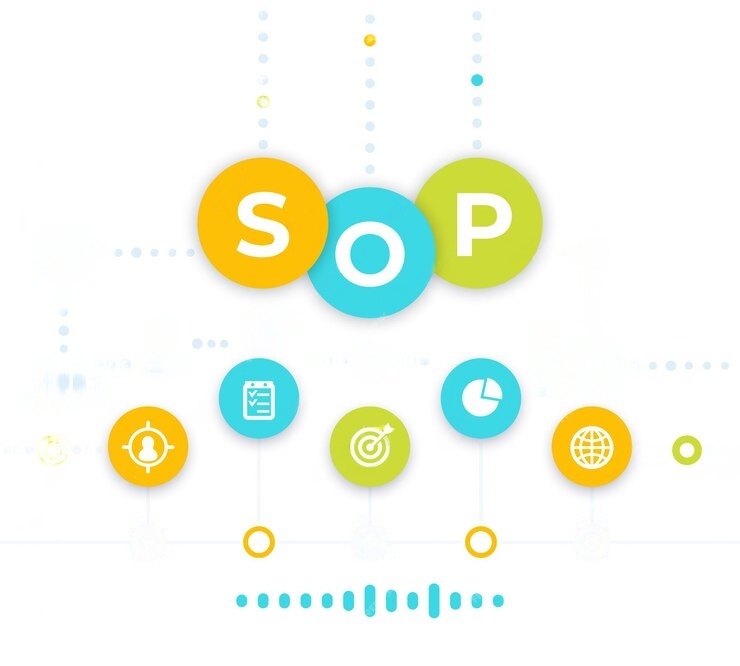
Understanding the SOP

Purpose
Clearly articulate your reasons for pursuing the chosen course or program.

Goals
Outline your short-term and long-term career objectives.

Fit
Demonstrate how the program aligns with your academic and professional goals.

Unique Selling Point
Highlight your distinctive qualities and experiences
Structure Your SOP
A typical SOP follows this structure:
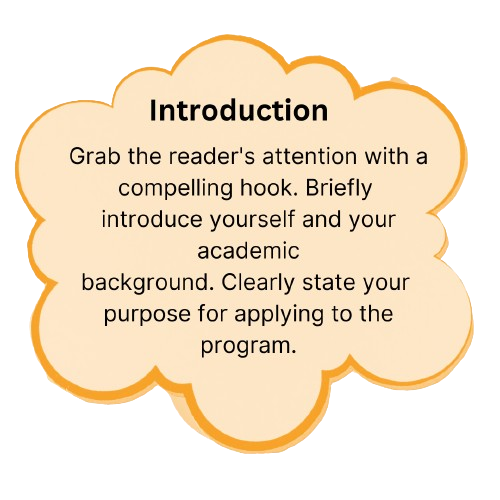

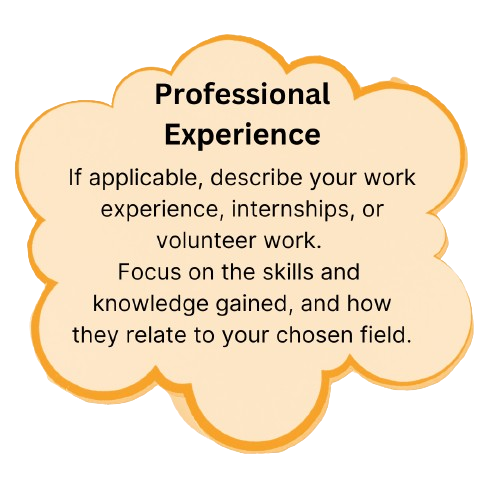
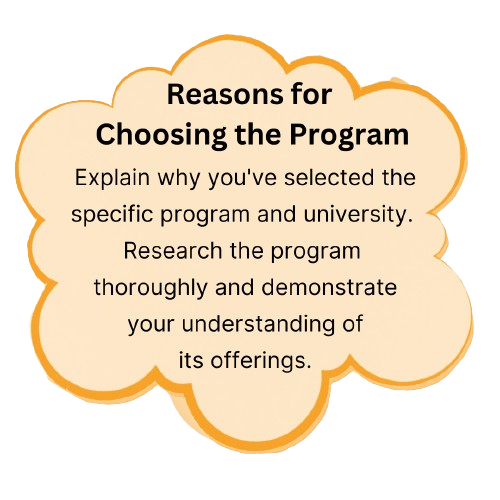
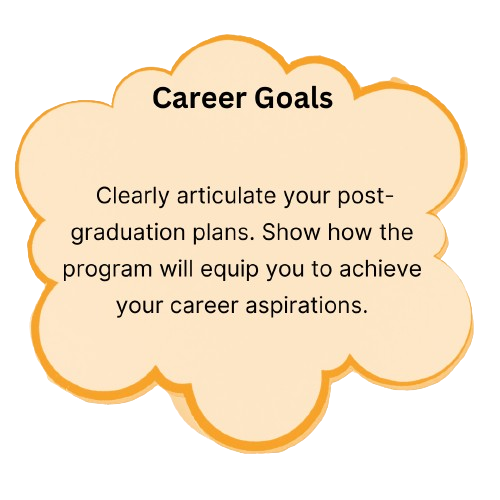
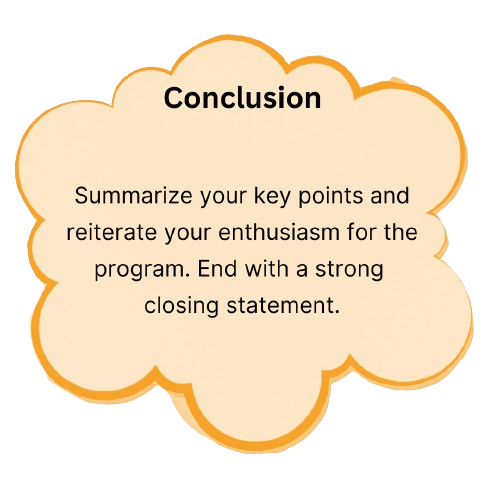
Tips for Writing an Effective SOP
Be Specific
Use concrete examples to illustrate your points.
Be Honest
Authenticity is key. Avoid exaggeration or false claims.
Show, Don’t Tell
Use vivid language to paint a picture of your experiences and motivations.
Proofread Carefully
Errors in grammar or spelling can create a negative impression.
Seek Feedback
Ask mentors, professors, or friends to review your SOP.
Additional Tips
Remember, your SOP is a reflection of you. Make it personal, engaging, and persuasive. Would you like to focus on a specific part of the SOP, such as the introduction or conclusion? Please let us know if you want us to guide you on this as well!
Ten Do’s and Don’t s for Your Statement of Purpose
The Do’s
The Don’t s
